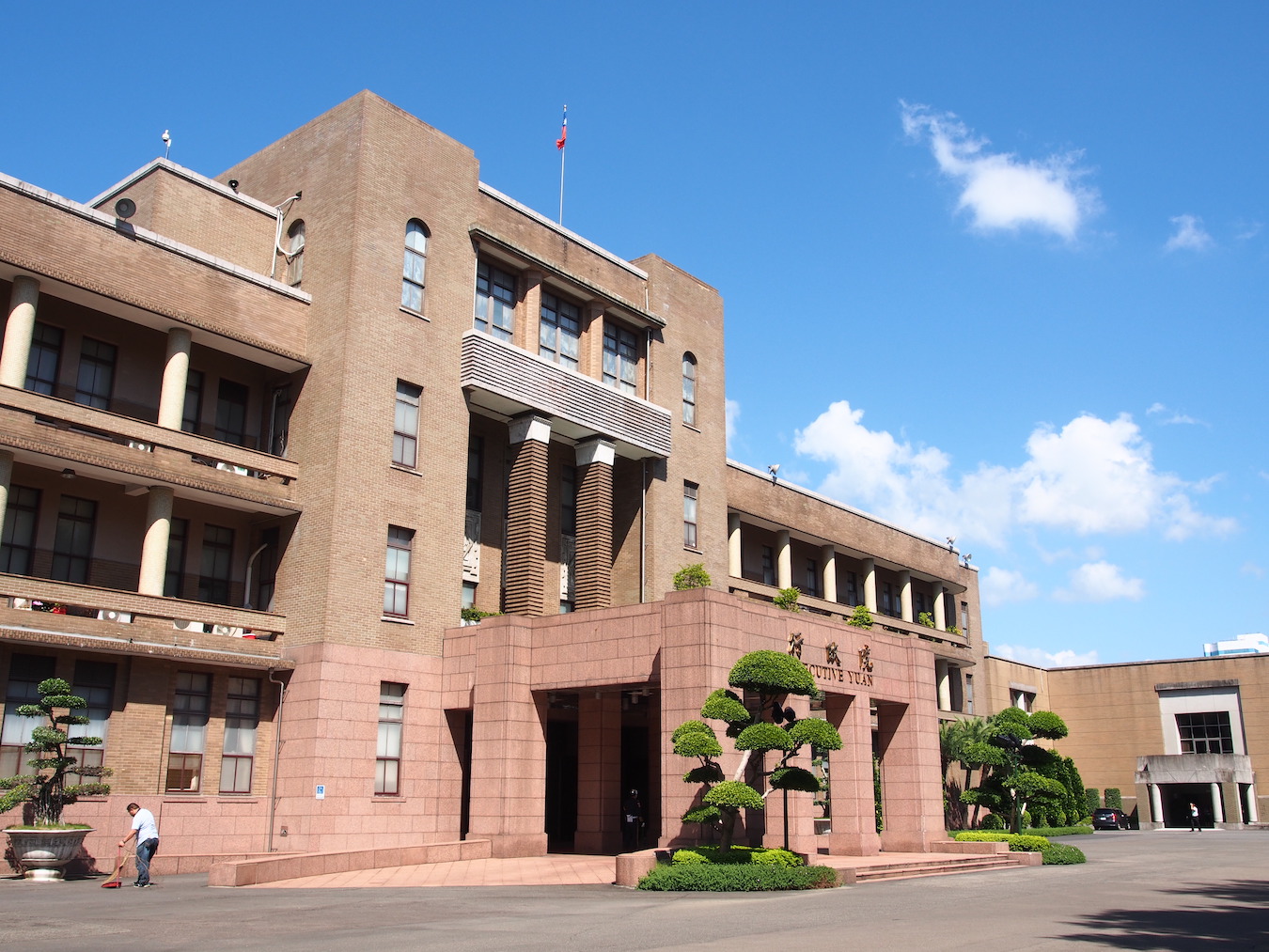by Brian Hioe
語言:
English
Photo Credit: 毛貓大少爺/WikiCommons/CC BY-SA 2.0
UNION GROUPS DEMONSTRATED in front of the Executive Yuan earlier this week over pensions, calling for an increase in the minimum contribution to pensions from employers. The groups included the Taiwan Confederation of Trade Unions, the Taiwan Federation of Financial Unions, the Taipei City Confederation of Trade Unions, the Kaohsiung City Confederation of Trade Unions, the Taipower Union, the Taiwan High-Speed Rail Union, and the Taiwan Water Industry Union. This represents among Taiwan’s largest trade confederations, as well as a number of workers from state-owned enterprises.
In particular, the assembled unions called for an increase in the minimum contribution for pensions to 12.5% from employers. Under the current Labor Pension Act, employers are mandated to put in a minimum of 6%, but according to union representatives, employers typically never contribute more than 6%.
Employees are able to collect their pension once they turn sixty. This can take either the form of a monthly annuity or a lump sum. However, workers have expressed concern that under current pension laws, they could be impoverished once they retire. Indeed, workers at the demonstration cited that the cost of living has increased, but salaries and pensions have not kept pace with the times.
Current laws have been in place since 2005. Nevertheless, preceding versions of the Labor Standards Act based the payment that workers received on retirement if they chose to take a lump sum on the salary that workers made in the last six months before retirement, as multiplied by 45.
 Photo credit: Venation/WikiCommon/CC BY-SA 3.0
Photo credit: Venation/WikiCommon/CC BY-SA 3.0
More broadly, workers were critical of how current laws gave significant leeway to companies in trying to avoid payouts to workers. Workers pointed to the large gap between the preceding system and the current one.
It is to be seen whether the demand catches on. Clearly, the demand is an important one, otherwise it would not have mobilized among Taiwan’s most influential labor groups.
Certainly, organized labor groups have criticized the Tsai administration on pension policy in past years. This has not prevented Tsai from touting her administration’s pension reform as one of her successes, with more emphasis placed on reforming the pensions for public sector workers to prevent the pension system from going bankrupt. Public servants, teachers, police, and military historically enjoyed lucrative pensions during the authoritarian period, as a reward for political loyalty, but the Tsai administration took the step of cutting such pensions for fiscal stability, a measure that had long been contemplated in Taiwan.
Nevertheless, it has perhaps been harder to mobilize around the issue of pensions. Instead, there has been more relative fire concentrated on the Tsai administration’s labor policies in cutting public holidays. Public holidays were cut at the same time as the Tsai administration carried out a set of labor reforms that mandated one set day off per week for workers and a “flexible rest day” in which workers could still potentially be made to work. At the time, unions demanded that workers be allowed two set days off per week. The Tsai administration’s refusal to do so was framed as undoing thirty years of labor reforms. Though the Tsai administration initially relented in the face of demonstrations, after pressure from industry groups, the Tsai administration continued with its reforms of the Labor Standards Act.
It is unclear whether labor groups will be successful in pressuring the Tsai administration on the issue of pensions. Nevertheless, labor groups in Taiwan are usually strategic in terms of how they time protest actions or seek to elevate certain issues as part of public agenda-setting. The union groups involved probably are not seriously hoping for changes on the issue of pensions, but trying to signal that the issue is a matter of concern for the next president.
After all, though it continues to be unclear who Taiwan’s next president will be, if there is a change to pension systems, it will be that next candidate that carries out such changes. To this extent, it is unlikely there would be action taken on the issues of pensions immediately, but union groups may be hoping to secure promises for action from the presidential candidates.

